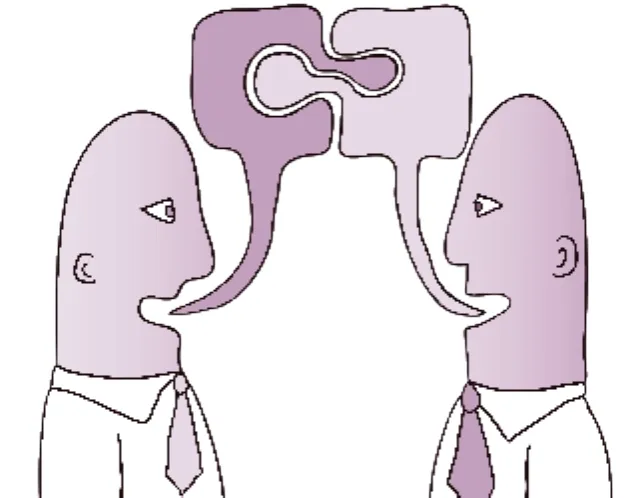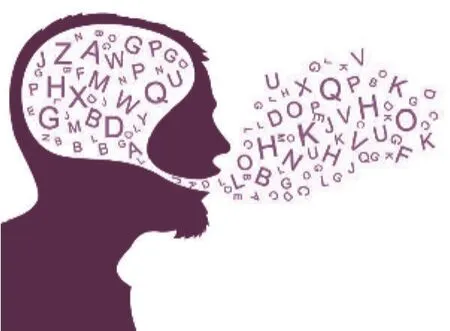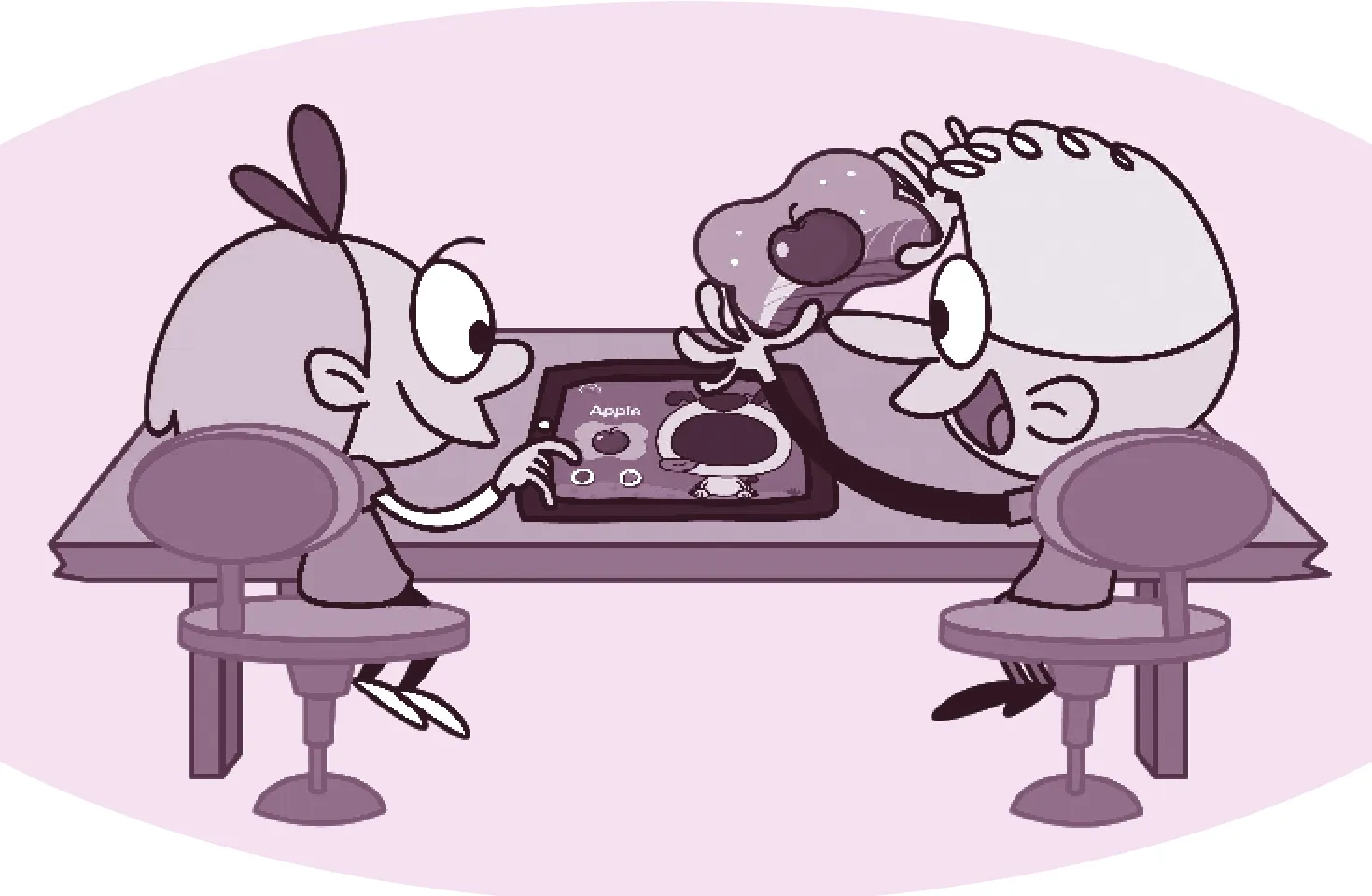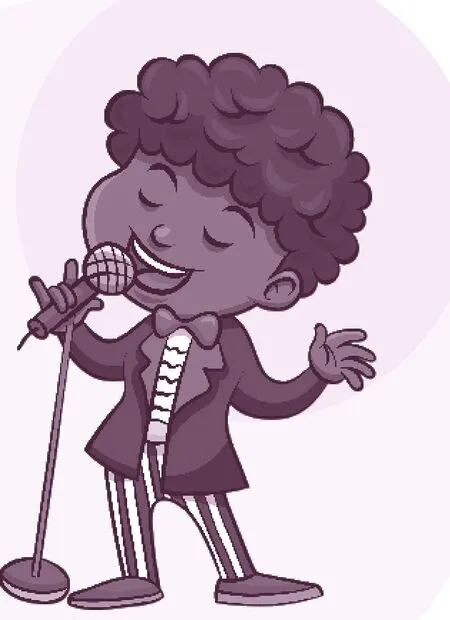HOW TO BETTERAT PRONUNCIATION 如何提高发音水平
⊙ By Emma
HOW TO BETTERAT PRONUNCIATION 如何提高发音水平
⊙ By Emma
发音是学习口语的基础,要提高英语口语水平,发音是不可忽视的重要部分。一起来听听专家给我们支什么招吧。
Hello. I am going to teach you how to be better at pronunciation. OK, so, let’s get started with the first tip.
1 Lips, Tongue, and Throat 嘴唇、舌头和喉咙
My first tip is about how we pronounce different sounds. Pronunciation is really about what your lips are doing, what your tongue is doing, as well as what your throat is doing. So, one way to improve your pronunciation is to know what is happening here.
For some sounds, your lips are very spread[伸展的]. Very spread and tense. I have this word here, beat. [iː]. So, you see, with the [iː] sound in the center, beat, it makes me smile. So,that’s what my lips are doing—they’re smiling when I say this word, beat. It’s the same with the word cheese when we take a picture; your lips spread out.
Now I want you to compare this with the word boat. When I say the word boat, look at what my lips are doing, boat. Are they very spread like a smile? No. They’re actually in a circle,boat. So, it’s important to know what your lips are doing.
The next thing is your tongue. So when you pronounce a sound, is your tongue at the front of your mouth or is it at the back of your mouth? Or sometimes it might be in the middle.Paying attention to where your tongue is can really help you when you’re practising these sounds.
Also your throat. For some sounds, the sound makes your throat move—it vibrates[振动].For other sounds, you won’t feel anything. The sound actually comes from your mouth. We have the sound here [t] as in tea, [t], and we have the sound here [d] as in David. So, [t] and[d]. Now, if we compare these two sounds, you’ll notice tea, if I say [t], [t], there’s no vibration, whereas[反之], if I just pronounce this sound, [d], [d], this area does move. That’s very important in pronunciation.
So, again, things to be focused on when you’re trying to practise a sound, you should be focused on what your lips are doing, what your tongue is doing, and what your throat is doing.

2 Mirror 镜子
OK, so my second tip, the mirror. This is something good to do at home. And it’s good to look in the mirror and look actually at what your lips are doing, what your tongue is doing. Do some practise. Practise different words, and see what your mouth is doing with each word.
3 Record Yourself 给自己录音
Another thing you can do for practise is actually have a tape recorder or your cell phone and record yourself. So, you can say a sound, you can say a word, and you can film yourself saying the word. Because one problem a lot of students have is they make mistakes in their pronunciation, but they don’t know they’re making mistakes. When they record it, you can go back and you can actually maybe hear the mistakes you’re making. So,it’s very good to listen to how you sound by recording yourself.
4 Voice Texting 语音短信
Another helpful thing you can do is actually with your cell phone. A lot of people have a voice texting where, instead of texting with your hand, you actually can just say what you want to say and the text will show up. It’s a great way to actually see that you’re actually saying words correctly. Because, for example, if I say the word dog and it shows up as duck, then I know, “OK, I didn’t pronounce that word correctly.” So, using your phone can really help you with your pronunciation.

5 International Phonetic Alphabet 国际音标
Another key idea for improving your pronunciation is number 5, learning the International Phonetic Alphabet. If you’ve ever looked in your dictionary,you’ll see brackets in your dictionary beside the word. For example, bee, and if you look in the dictionary it says the word like this ([biː]), this would be the International Phonetic Alphabet. It’s showing you, not how the word is spelt, but how to pronounce the word. So, this alphabet will teach you how to pronounce a sound or a word, so, it’s very, very useful to learn. For example, this word here, bee, b-e-e, bee. But,if we wanted to know how this is written in the International Phonetic Alphabet, you would see the word written as this ([biː]). [b] and this is actually [iː] in the International Phonetic Alphabet. So, together, I would know the sound is [biː]. So, really great, because in English,spelling is always a problem with [sic] students, sometimes the spelling does not tell you how to pronounce the word, learning the International Phonetic Alphabet can really help you with your pronunciation.
6 Compare Different Sounds or Words 比较不同的语音和单词
Another thing that can really help you is comparing: comparing different sounds or different words. For example, you’ll have a word with a [sic] [iː] sound, like sheet,and then you’ll have a bad word like the word shit. For this example, sheet, shit. Comparing two words side by side can really, really help you with your pronunciation.
7 Stress 重读
Another thing that can really help is number 7, stress. Stress in pronunciation means louder and longer. It’s when we say a word and a part of the word we say louder and longer. So, I’ll give you an example on how stress can help. I have here two numbers—thirteen, thirty. When many students say numbers, people don’t understand what they’re saying. If you say thirteen, somebody might think you’re actually saying thirty. This is a common thing that happens to students. Stress is the way to improve this. If you know where to say the part of the word louder and longer, people will understand you better. So, for example,thirteen—teen is louder and longer; thir is actually shorter—thir-teen. Now compare this to thirty. In this case, thir is louder and longer, and ty is actually quite short. So, I want you to repeat after me—thirteen,thirty. OK, you see the difference there? Learning stress can really, really help you improve your pronunciation.

8 Intonation 音调
So, my eighth tip is about intonation. What is intonation? Well, that’s like the music of language.So, if you think about this, this really means about when parts of what you’re saying, your sentence, when it goes up at the end, like mine just did—it went up, or when it goes down. So, that’s the intonation. For example, Was it expensive? Did my voice go up or did it go down at the end? Was it expensive? If you said my voice went up, you’re correct. So you’ll notice that different sentences, different types of questions…different types of sentences have different intonation. So that’s something to really pay attention to.

9 Sing 唱歌
This one—I really like this tip—sing. Even if you have a terrible voice, singing can really help you with your pronunciation. It can help with intonation, it can help with stress, there’s a lot of great songs to sing and also, often, when you sing, it makes you relax.
10 Tongue Twisters 绕口令

Another tip that can really, really help you is tongue twisters. What’s a tonguetwister? You probably have something similar in your language. I’ll give you an example of an English tongue twister to kind of show you what I mean. She sells seashells by the seashore. So, what’d I just say? I said something very fast. A tongue twister is to help you with usually two or three different sounds. So, in this case, the sounds I was looking at is [sic]sh and s. sh, s. So, She sells seashells by the seashore is a way to get me practising these two sounds. So, at first, what I would do with a tongue twister is start very slowly—Shesells-sea-shells-by-the-sea-shore. And then, after you practise a bit, you can go a little bit faster. She sells seashells by the seashore, until, finally, you can go really fast, really fast. She sells seashells by the seashore. So, tongue twisters are a lot of fun, and we have them for many different sounds in English.

